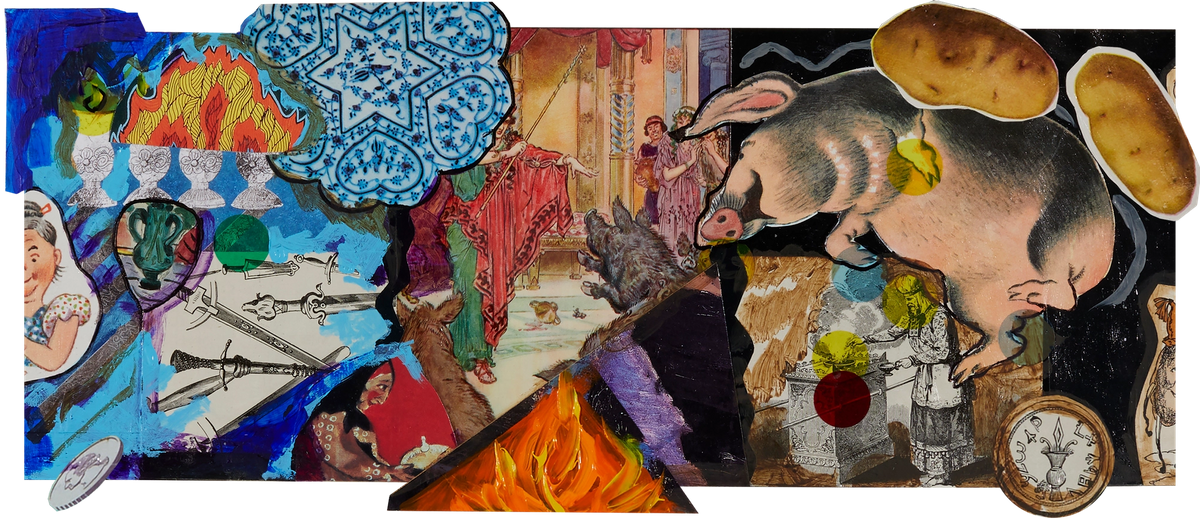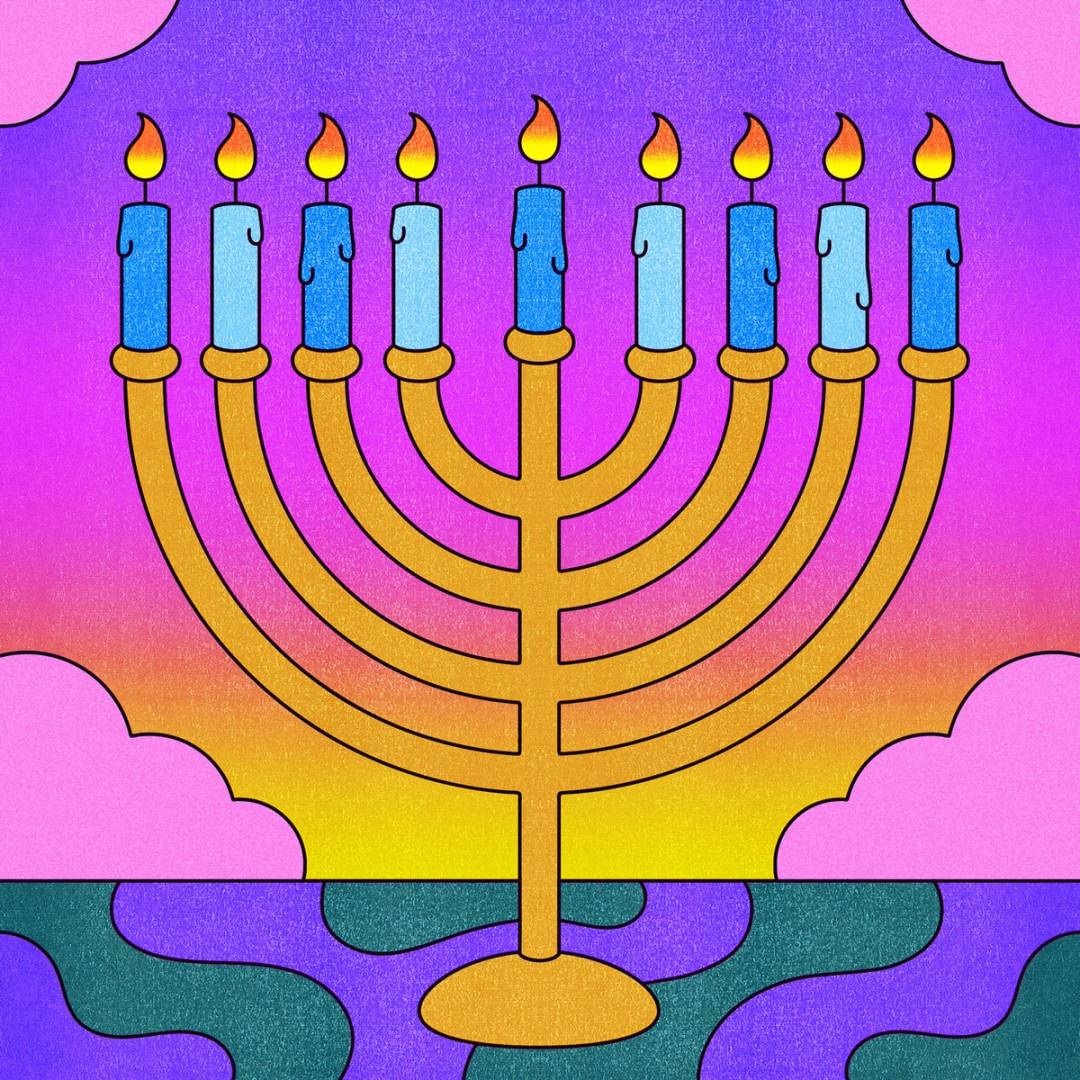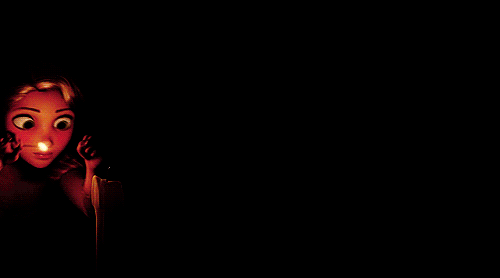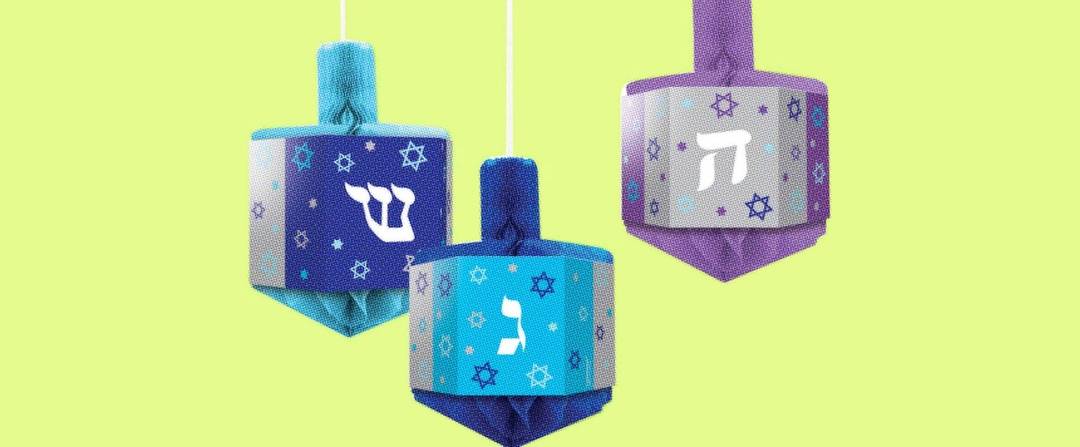Hanukkah


What is Hanukkah? Hanukkah, aka the Festival of Lights, celebrates the rededication of the Second Temple in the 2nd century BCE and the Maccabees’ uprising against the Greeks.
When is Hanukkah? Hanukkah 2024 begins at sundown on Wednesday, December 25, ending at sundown on Friday, January 3.
What’s it all about? Hebrew for “dedication,” Hanukkah is an eight-day-long celebration commemorates just that: the purging and rededication of the Temple in Jerusalem in the 2nd century BCE after the Jews’ successful uprising against the Greeks.
Any bad guys? Absolutely: Antiochus IV, one the best villains in all of Jewish history. As his nicknames—“the Illustrious” and “Bearer of Victory”—suggest, the ruler of the Hellenistic Seleucid Empire was fond of waging war. He was engaging in that pastime in Egypt when a rumor circulated in the region that he’d been killed. Meanwhile, Jason, a Hellenized Jew who’d been deposed as the Temple’s high priest, heard of Antiochus’ death and saw an opportunity to reclaim his position, so he marched on Jerusalem with 1,000 men. Antiochus interpreted the clash in the holy city as a full-fledged Jewish revolt against the foreign rulers, and, in 167 BCE, he attacked Judea and punished its population by outlawing all Jewish rites and practices and mandating the worship of Zeus.
By so doing, most modern scholars agree, the king was simply intervening in an existing civil war between those Hebrews who called for a strict adherence to tradition and those, like Jason, who preached assimilation to Hellenism. Antiochus’ involvement, however, aggravated the internecine struggle and prompted the traditionalists to launch a genuine anti-Greek revolt, led by an aged priest, Mattathias the Hasmonean, and his five sons—Jochanan, Simeon, Eleazar, Jonathan, and Judah—the latter nicknamed HaMakabi, or the hammer, for his combat skills. Followers of the fighting family eventually became known as Maccabees. Two years later, led by Judah, the Maccabees succeeded in defeating Antiochus’ troops, recaptured the Temple, and set out to purge it of idols.
According to the Talmud, the Maccabees wished to light the Temple’s menorah, a traditional candelabrum that customarily burned through the night in Judaism’s holiest place, but discovered just enough oil to last for one day. Miraculously, however, the oil burned for eight days, a wonder we commemorate by lighting candles for eight nights.
Given its themes of Jewish nationalism and rebellion, the rabbis downplayed Hanukkah’s importance throughout the centuries in exile, fearing it might inspire their flock to imitate the Maccabees and take up arms. More recently, however, the holiday has experienced a renaissance: Celebrated on the 25th day of Kislev—and therefore usually falling somewhere between late November and late December on the Gregorian calendar—Hanukkah has emerged as a Jewish equivalent to Christmas.
Any dos and don’ts? The major ritual of the holiday involves lighting the hanukkiah, the proper name for an eight-flamed menorah, which should be completed each night no later than half an hour after nightfall (except on Fridays). The Talmud, in Tractate Shabbat, specifies that unlike Shabbat candles, Hanukkah candles must serve not for illumination but for the sole purpose of reflecting on the Hanukkah miracle. This is why we light them with another candle, called the shamash, meaning servant, and why we place them on a windowsill so they advertise the holiday’s miracle to the world entire.
There’s the tradition of playing with a dreidel, the Hebrew letters on which stand for “a great miracle happened there” (or, in Israel, “a great miracle happened here”). There is also the habit of giving gelt, or money, to children and young adults. Although there are several explanations concerning the origins of this custom, the most commonly held one dates to the 17th century and explains that with miracles and the elation of the historic victory on everybody’s minds, young, impoverished students would visit the homes of wealthy Jews and receive a few coins in return. More recently, nimble chocolatiers presented their own gold-foil-covered alternatives. Whether cash or cocoa, however, giving gelt fits in nicely with the overall spirit of December’s gift-giving mania.
Anything good to eat? It’s traditional on Hanukkah to eat fried foods like latkes and sufganiyot (jelly doughnuts)—a natural choice for an oil-themed holiday.




